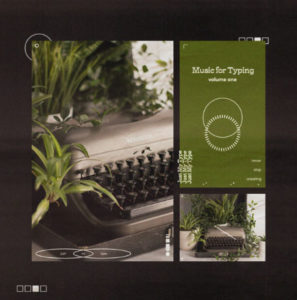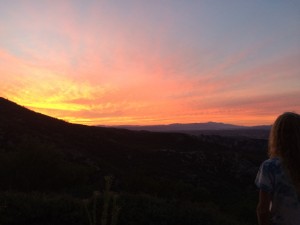
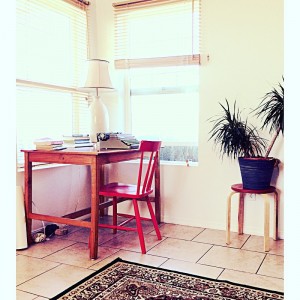
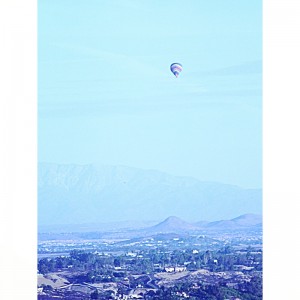
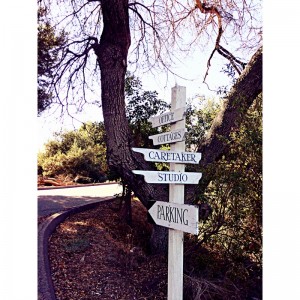
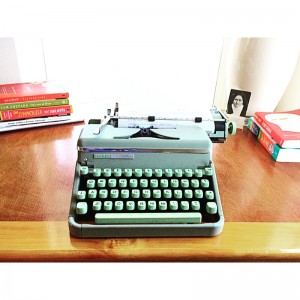
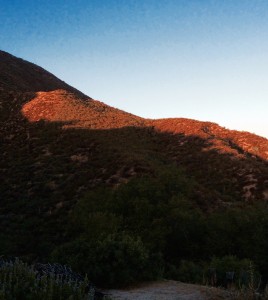
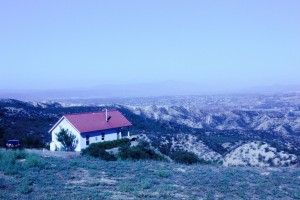
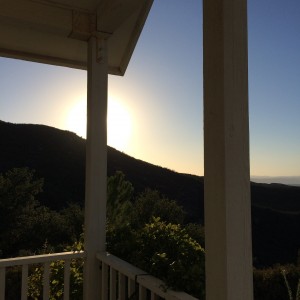
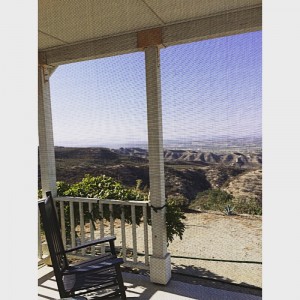
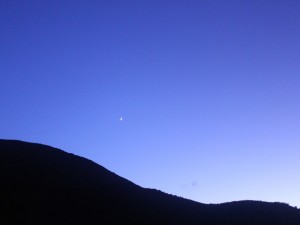
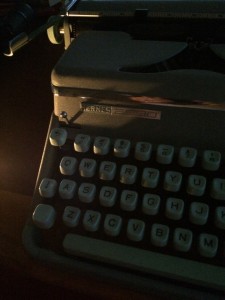
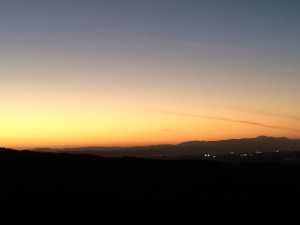
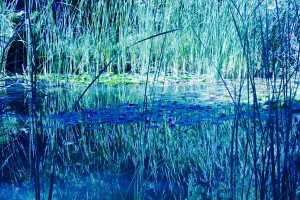
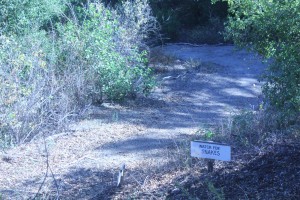
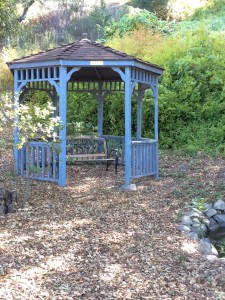 I’m back from my week’s stay at Dorland Arts Colony. I kept a Dorland Diary so I’d remember all those details you naturally (or unnaturally forget). Every day I wrote down what I accomplished (not as much as I’d hoped). I wrote about the dark and how we’re not afraid of the dark so much as we’re afraid of the night.
I’m back from my week’s stay at Dorland Arts Colony. I kept a Dorland Diary so I’d remember all those details you naturally (or unnaturally forget). Every day I wrote down what I accomplished (not as much as I’d hoped). I wrote about the dark and how we’re not afraid of the dark so much as we’re afraid of the night.
Here’s an excerpt from “Approach to the Night” that hangs on the wall beside the desk, signed by Barbara Horton, Feb. 18, 2001:
“Much human effort has gone into the banishment of night from our lives. …is this altogether wise? Can it be this defiance of nature has a down side?…What if we were to pause as our rambunctious day leaves us gasping? Suppose we held back the impulse to maintain the blazing light? Supposing we allowed the softening color of the world around us to soften our physical tensions and to note the expansiveness of quietness as evening takes over? …In dying away, the sunset may bring contemplation as the light mellows into the soft blues of restoration and renewal. This is the hour of dusk therapy—if we allow it to be….The dark of night is a fact of life which we have treated almost as an enemy. Would there not be a certain wisdom in taking time to find our way into this great reality…? I know of only one place geographically close to that urban social structure where dusk therapy is a ritual, leading into the acceptance of night and the fullness of its restorative power for humankind. That place is Dorland.”
I love that: dusk therapy. Starting with my second night at Dorland, I stood on the front porch or by the front door, and watched the sunset, and then watched the light drain from the sky. The Temecula Valley spread beneath and around me. Instead of turning on lights (and the cabin had nine in the living room/kitchen combo alone!), I lit two teensy candles and felt the transition from light to dark. The sounds changed, too. Instead of birdsong, the song of the crickets and cicadas began. Lights came on in the valley. The cabin grew dark, except for the candles. I walked through the dark cabin, experiencing the night. I wondered if the nocturnal creatures, the snakes and tarantulas and scorpions, were out now? On walks I saw coyote scat, so knew they were quite present.
I don’t think I’d ever been so alone. I occupied one cabin (with the red roof), someone else (from Iowa State College, so said the side of his/her van) occupied the other cabin, and the caretakers/painters Janice and Robert Willis occupied a trailer, but we were all so far apart sound didn’t travel from one cabin to another. Three hundred acres of nature preserve that the fire swept through in 2004, destroying Dorland’s cabins and trees, taking with it Robert Willis’s paintings.
I loved my week there and hope to return someday in the not too distant future.
*~*~*~*~*~*~*~*~*~*~*~*
We are most decidedly in the early stages of fall–cold mornings, hoodie weather when you walk. What else says fall? Pumpkin lattes. Last week, while at Dorland, I went down the mountain to Starbucks and of course had to order a pumpkin latte. The good thing is, I didn’t much like it. It tasted bitter and strange. So this morning, when I returned from my walk, I sorted through the pantry and found a can of organic pumpkin and I made my own pumpkin latte. Here’s the recipe if you’d like to make one at home.














 I’m back from my week’s stay at
I’m back from my week’s stay at 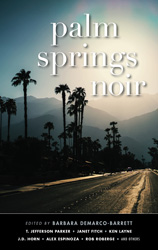


 Support Indie bookshops and this site by purchasing books through my BookShop
Support Indie bookshops and this site by purchasing books through my BookShop
